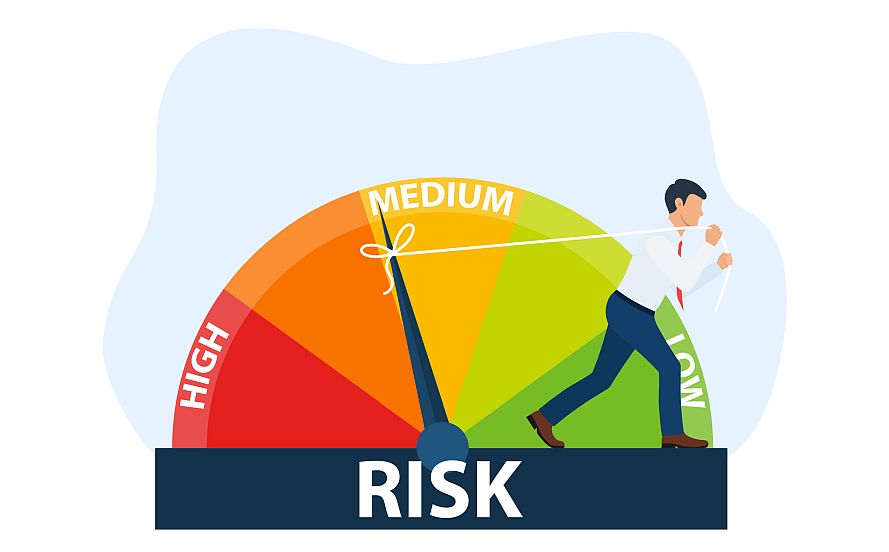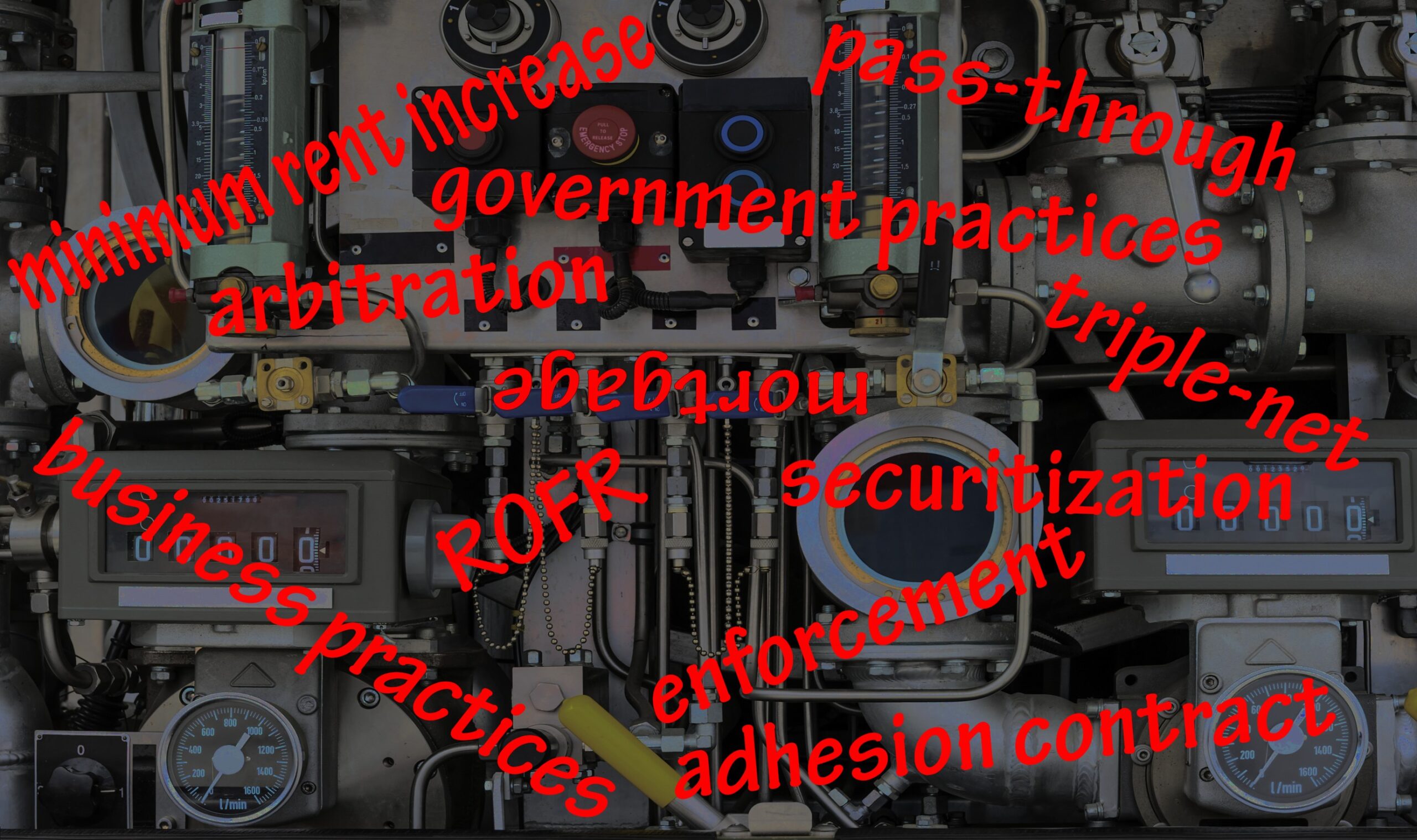By:
Links to sections (tap to open)
The Lowest Land Rent in Mobile Home Parks Is in One of These 3 Types of Parks
Don’t assume that lot rent is all you need to be concerned about. There are many more costs than lot rent alone. You can find out about these in Part 2, 3, and 4.
The lowest mobile home park lot-rent is in a:
- resident-owned mobile home park;
- nonprofit-owned mobile home park; and
- rent stabilized mobile home park (AKA rent controlled park).
All three have similar virtues:
- low rent,
- higher home resale values,
- good maintenance,
- good employees, and most of all,
- stability and predictability.
The security that homeowners seek is available in these community-minded, stable parks. But these types of parks are rare. More details are available in Part 4.
The Higher Home Prices May Be Worth the Cost
When buying a house in these stable parks, the price of the house is usually higher than in for-profit parks. Buyers value secure neighborhoods and will pay more for homes there. If a mobile home has a very low selling price, there may be a hidden reason—it could be that the lot rent rent is high.
For-profit parks may offer short-term move-in discounts on lot rent or other deals that make them look cheaper. These discounts usually expire after a few years and then they change to the rent level that would have developed without it, which can be much higher. When the discount ends, can the homeowner pay the rent increase?
Even with a teaser discount, for-profit parks may have higher long-term costs (rent plus mortgage), especially when you look ahead beyond 3 to 5 years. Stabilized parks don’t have these risks. Stabilized parks will not startle you with sudden changes, cut staffing, cut maintenance and rent hikes. It may be worth paying a little extra for the long-term security of a stabilized park.
Rent Controlled Mobile Home Parks Offer Safety, but You Have to Stay Alert
A rent-stabilized city (sometimes referred to as “rent-controlled”) offers financial predictability and security for mobile home owners via a rent stabilization ordinance or law. But laws can be repealed, removing the protections. If the local leaders have a policy of valuing affordable housing and the mobile home owners are active and defending their protections, you may not have to worry about losing stability and security in a rent-stabilized park.
One example of an enlightened city is Carson, California. where the mobile home owners are actively involved in city affairs. Carson’s rent stabilization has withstood many challenges over a long period of time.
In a rent controlled mobile home park, the extra benefits of good park maintenance and staffing are often imposed onto the landlord by the city’s rent control board. Generally, when a park owner in a rent stabilized park wants to increase rent, the city will inspect the park to make sure that residents are not experiencing neglect. Affected park owners tend to keep their parks well maintained so that their requests for increased revenue will not be rejected.
Some opponents to rent control claim that the regulation means not enough profit to pay for park maintenance causing the property to automatically suffer neglect and deterioration. This claim is proven false in Carson’s mobile home parks. They are under rent control and they are also well maintained. The landlords cannot retaliate against rent control by letting their parks become slummy to punish and shame the city while boosting profits. The city makes sure their rent stabilized parks are maintained.
Rent Is Usually Higher in the For-Profit Parks as Is the Potential Financial Insecurity
In days gone by, the mom-and-pop founders of mobile home parks often balanced their desire for profit with their desire to be good citizens and to contribute to the local community. They wanted to have good reputations and keep America strong. They promoted the general welfare and took pride in helping low-income people to prosper and grow and contribute to the economy. It was a win-win for the landlords, the mobile home owners, the city and the nation.
It appears that the for-profit parks are increasingly being sold to faceless corporations, raising mobile home owners’ financial risk. In the for-profit parks, homeowners risk ever higher rent increases that compound and cause financial strain. They fear the devaluation of the selling prices of their homes. Additionally, if business profits are jacked up by cutting park staffing and maintenance, the neighborhood will slowly deteriorate—further lowering home values.
Some for-profit park owners may resent this insinuation that they are risky. However, there are many ways for landlords to show to their customers that their park is not risky. But few, if any, will actually commit to these agreements. Most of the assurances park homeowners receive are of the “trust me” type—verbal statements, but nothing written in detail that residents can bank on.
Some residents report being verbally told assuring things by landlord employees but later their park was flipped to a predatory corporation! Here are tips on what to look for to check your landlord’s demonstrations about risk. If you know of a mobile home park landlord that has actually, in writing, made commitments to keeping the community stable, please contribute.
Making High-Rent Parks Less Expensive and Stable
Residents living in high risk parks can work for change, but it is rare, time consuming, and requires the right group of homeowners and civic leaders working together at the right time. Homeowners have to learn to be civically involved and become creators and enforcers of law, not just consumers.
One way toward stability is for residents in for-profit parks to work with their government to protect this form of affordable housing from exploitation. The best of these government protections is rent stabilization, but there are other protections, such as park closure ordinances, right-of-first refusal, senior overlays, zoning designations, financial subsidies and other government assistance programs.
Another way to improve the housing situation is for homeowners to work to buy the park from its for-profit owner and turn it into a resident-owned community.
When homeowners seek to stabilize their communities, their greatest challenges can be developing stamina and persistence along with continuing their education and staying organized and focused.
In part 2, 3, and 4 we will look at the costs that every mobile homeowner should know.
A quick introduction to the financial risk level of various kinds of mobile home parks.
To save money and energy living in a mobile home park, you need to know all the costs. Do you?
The conditions you submit to when living in a mobile home park. They are often unwritten, even invisible.
Shopping for low mobile home park rent? Compare different kinds of parks for their rent levels and security.





